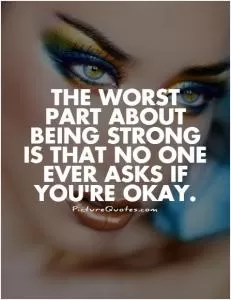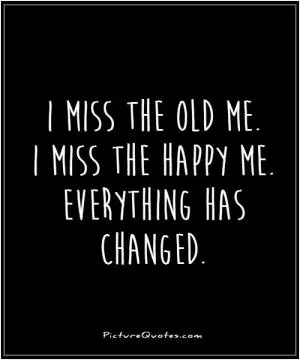You don't know what you've got until it's gone

You don't know what you've got until it's gone
Regret is a powerful emotion that can consume us when we realize the value of something only after it is no longer within our grasp. The saying, "You don't know what you've got until it's gone," perfectly encapsulates this feeling of loss and longing for something that was once taken for granted. In the context of regret words, this phrase takes on a deeper meaning as we reflect on the impact of our words and the consequences they can have on our relationships and our lives.Words have the power to build up or tear down, to heal or to harm. Often, we speak without fully considering the weight of our words and the impact they may have on those around us. It is only when we see the damage that our words have caused, when we witness the hurt and pain they have inflicted, that we truly understand their significance. In these moments of realization, we are filled with regret for the words we spoke in haste, in anger, or in ignorance.
Regret words can haunt us long after they have been spoken. We may find ourselves replaying conversations in our minds, wishing we could go back and choose our words more carefully. We may see the hurt in someone's eyes and know that we are responsible for causing it. We may feel the weight of our words like a heavy burden, knowing that they have irreparably damaged a relationship or caused irreparable harm.
The pain of regret words is often compounded by the fact that we cannot undo the damage that has been done. We cannot take back hurtful words or erase the memory of their impact. All we can do is acknowledge our mistakes, apologize for our words, and strive to do better in the future. But even as we seek forgiveness and redemption, we may still carry the weight of regret for the words we can never take back.












 Friendship Quotes
Friendship Quotes Love Quotes
Love Quotes Life Quotes
Life Quotes Funny Quotes
Funny Quotes Motivational Quotes
Motivational Quotes Inspirational Quotes
Inspirational Quotes